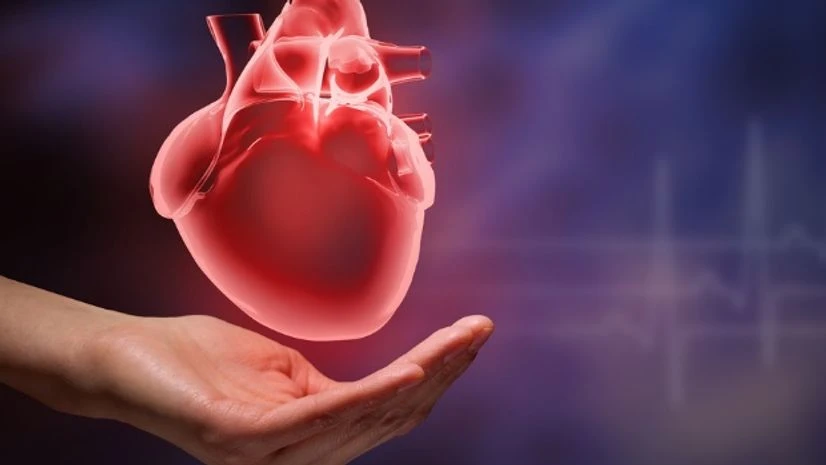People who have suffered a heart attack tend to be more depressed but are less often prescribed anti-depressants than individuals who have not had a heart attack, finds new research.
Stress and depression have long been identified as big risk factors for heart attack patients but the study found that such individuals often receive less treatment for depression.
The findings showed that just 16 per cent of heart attack patients with depression received anti-depressants compared to 42 per cent of people with no heart attack history but only depression.
"Our results suggest that heart attack patients are undertreated with anti-depressants. When we looked at the participants who had experienced depression, we saw that more than twice as many controls as patients were prescribed anti-depressant medication," said Barbro Kjellstrom, researcher at the Karolinska Institute in Stockholm, Sweden.
Individuals who had even moderate levels of stress at home showed a doubled risk of heart attack.
More patients than controls had experienced stress at home (18 per cent compared to 11 per cent) and at work (42 per cent versus 32 per cent).
More From This Section
In addition, those who had a heart attack were more likely to be divorced whereas people in the control group more often lived with a partner.
People who have suffered a heart attack and remain stressed are also at risk of triggering feelings of anger.
The study included 805 patients less than 75 years of age who had experienced a first heart attack and 805 people without heart attack (the control group) matched for age, gender and where they lived.
"There is no treatment for stress. If you have enough stress you might get exhaustion which, if not treated, can result in depression," Kjellstrom added.
Prevention of stress, exhaustion and depression is the optimal goal and we should remember that these are risk factors for many other diseases than heart attack, the researchers warned.
The findings were recently presented at the "EuroHeartCare 2016" event in Athens, Greece.

)
